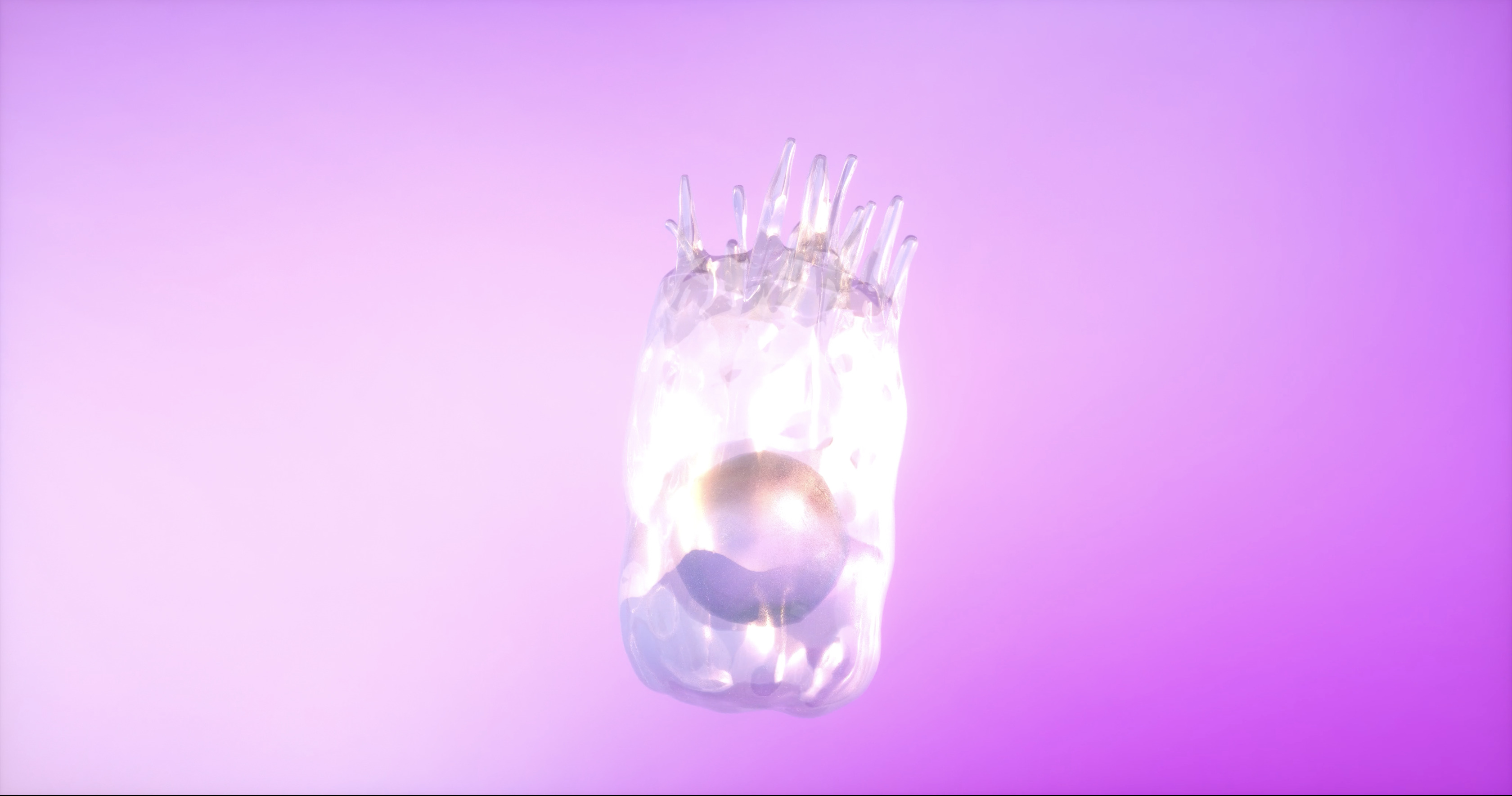Understanding cell and tissue polarity
Cells come in all flavours, with different sizes, shapes and functions. But no matter the type, each individual cell has the ability to sense and determine direction. Just like our body, a cell needs to distinguish its front from its back, its top from its bottom. This ability that cells have, to orient themselves along a geometric axis, is known in biology as cell polarity.

What is cell polarity?
To explain the concept of polarity, all we have to do is analyse the human body as a whole. While we have arms in the superior part of our body, which enable us to interact with various objects, we have legs in the inferior part of our body, which allow us to move from one place to another. This assymetry in the distribution and function of our limbs is a perfect example of polarity.
Research
PolarNet brings together academic and private partners from 7 European countries to establish a multidisciplinary training and research programme. Through individual research projects, 15 early stage researchers (ESRs) will study the basic principles of cell polarity.


Teaching
Network-wide training events focused on cell polarity, biophysical and modeling approaches, transferable skills and personal development complement the high quality research training. Secondment opportunities ensure exposure to the private sector.
Outreach & Dissemination
PolarNet aims to inform the general public of its goals and activities through this website and outreach events organized by the ESRs and supervisors. Research results will be communicated in peer-reviewed scientific journals and at conferences.

European training network
The molecular mechanisms that enable a cell’s polarisation are the object of study for European research network PolarNet. Their work is focused on finding out how polarity can be maintained in complex tissue, and how a loss of polarity can contribute to the emergence of diseases. These complex questions are being approached from different angles, combining the expertise of researchers from various disciplines.
News
Below an overview of all news and events related to PolarNET.

Interview at ELife with Yanlan Mao
4 Apr, 2018 in Career and Family / Publications by Anna-Pavlina Haramis
Read more
PolarNet PI Yanlan Mao selected as EMBO Young Investigator!
27 Nov, 2018 in Announcements by Anna-Pavlina Haramis
Read more
3rd Annual Network Meeting held
10 Jan, 2019 in Meetings by Anna-Pavlina Haramis
Read moreTeam

Amalia Riga

Charles Puerner

Eider Valle-Encinas

Eric van Leen

Janine Anselmo Gravo

Nuria Abajo Lima

Sara Pompe

Victoria Tian Jing Yan

Yamini Yogalakshmi Ravichandran

York-Christoph Ammon

Shailaja Seetharaman

Contact
For any further information on the PolarNET project, do not hesitate to contact us.
Coordinator
- Dr. Mike Boxem
- tel: +31 (0)30 253 3714
- email: m.boxem@uu.nl
Project manager
- Anna-Pavlina Haramis
- tel: +31 (0)30 253 3714
- email: a.haramis@uu.nl









